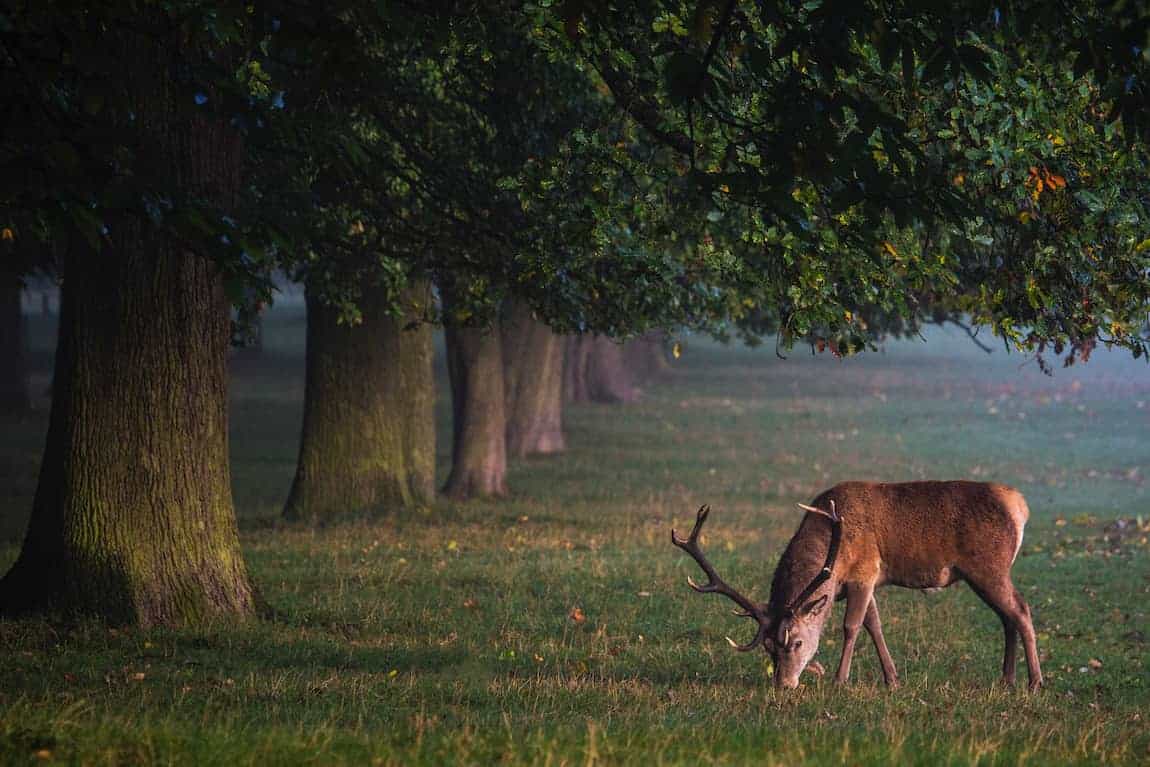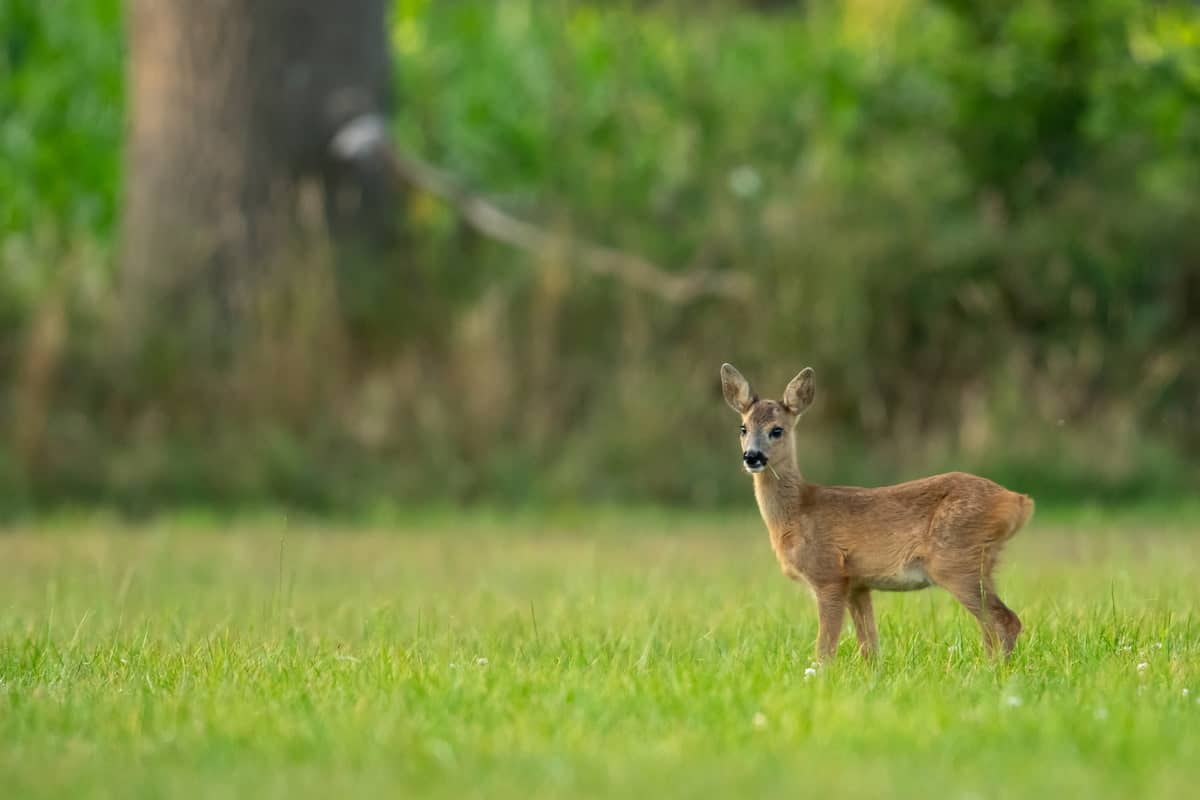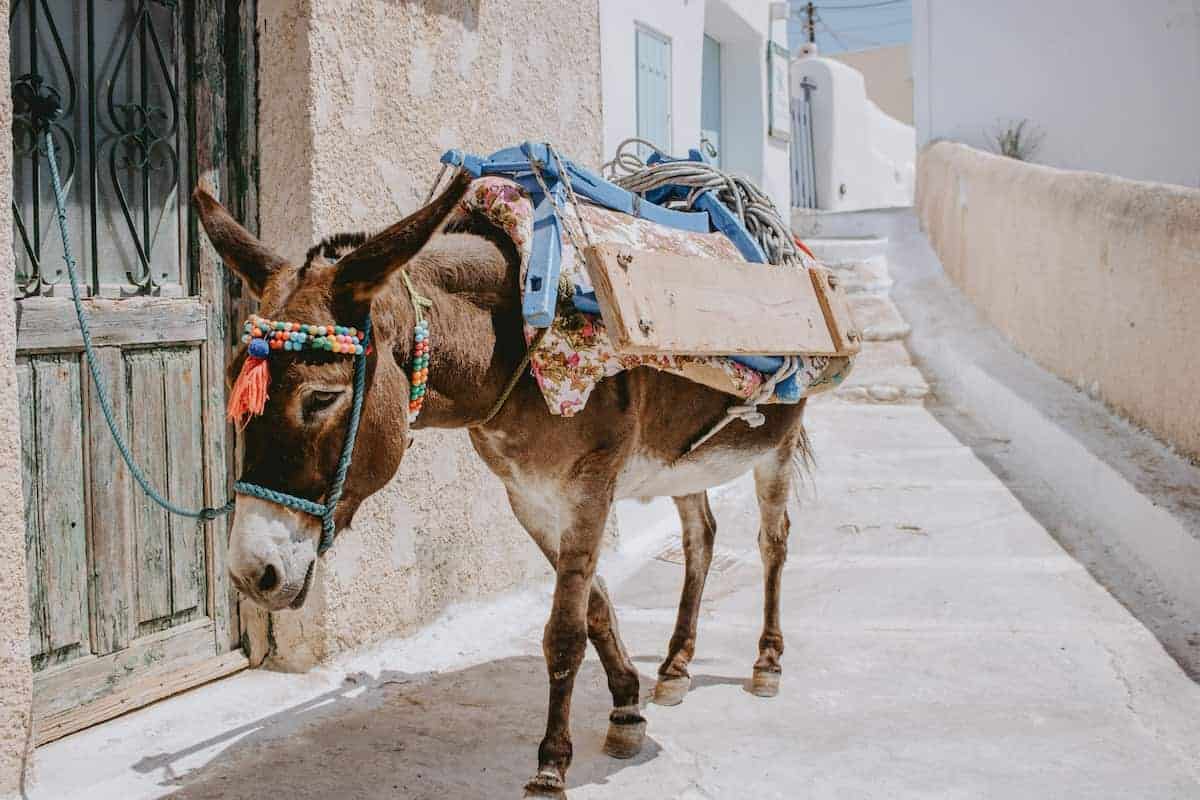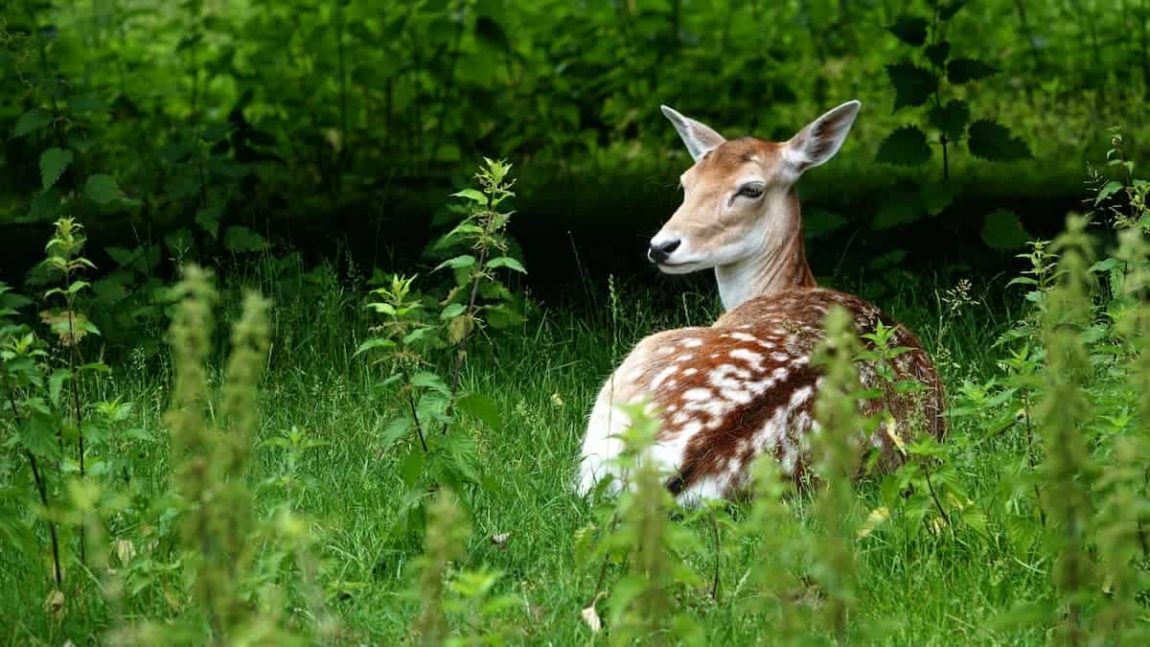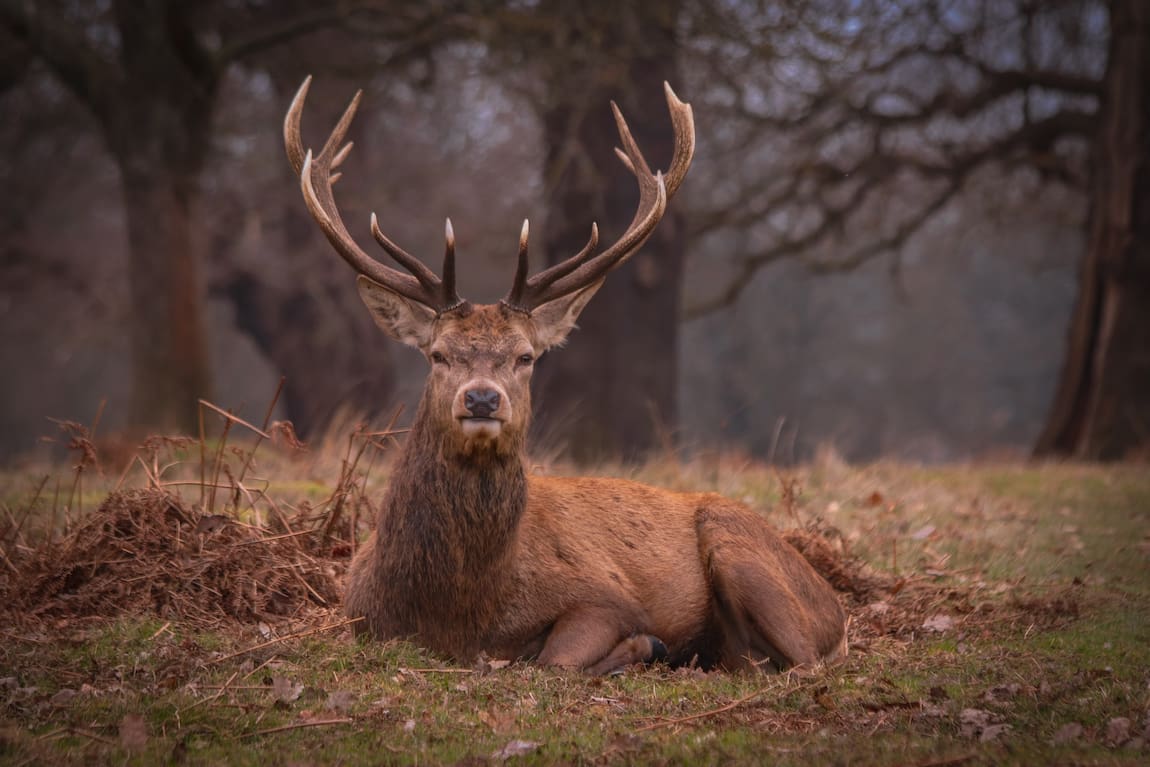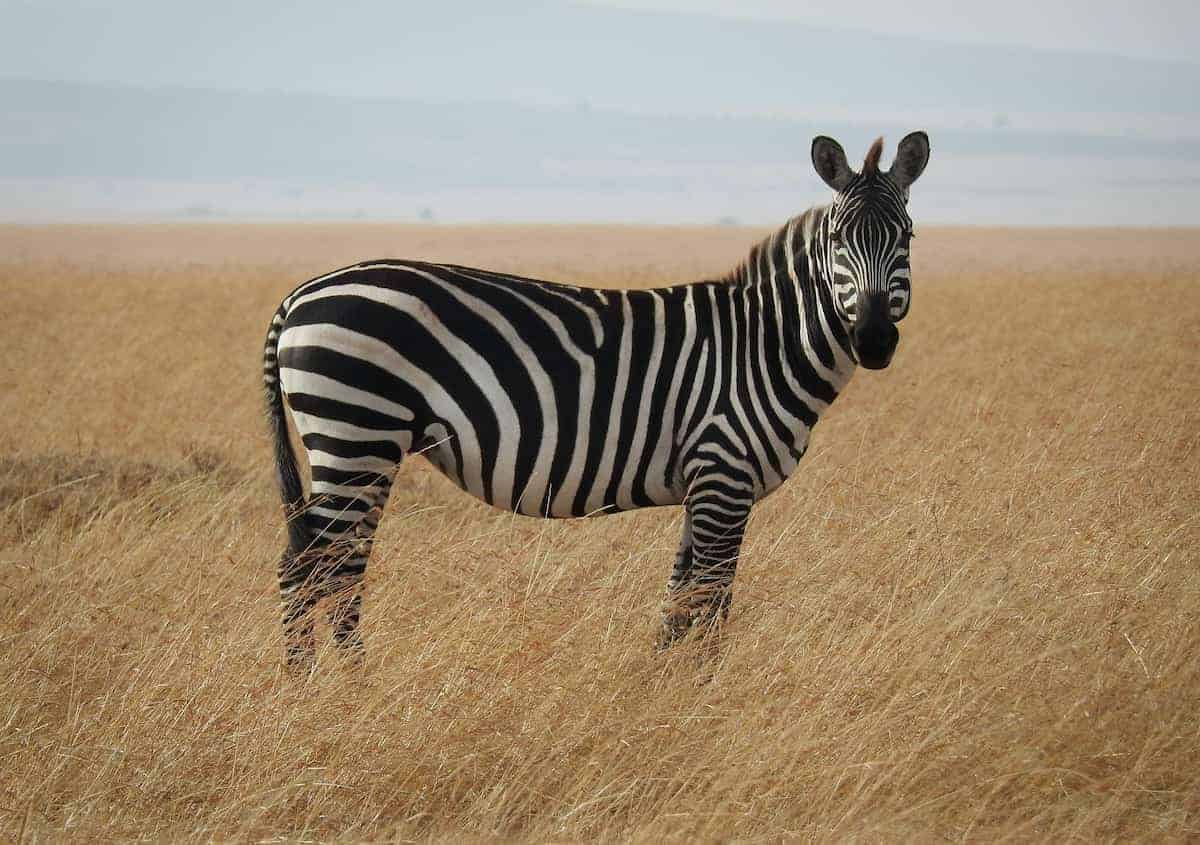Deer may just be one of the most elusive and gentle animals on the planet, but how long do they sleep?
Due to the vast number of deer hunters in the United States, much of what we know about deer sleeping habits comes from first-hand experience in the wild, but that still leaves us far from being able to call ourselves experts.
The sleep patterns of deer differ greatly from most wild mammals though, so read on to find out more.
What’s the Difference Between Sleeping and Bedding Down?
Deer are naturally elusive, and sleep isn’t their top priority most of the time. Before we take this answer any further, we need to distinguish the difference between a deer sleeping and a deer bedding down.
When a deer beds down, there are several other activities it might do before finally sleeping. The deer will usually spend an hour or two grooming itself and others if bedding down in a group. They’ll also socialize and eat before finally going to sleep. When they finally go to sleep, it’s not the sleep you might expect from someone who stayed up all night.
How Long Do Deer Sleep?
When a deer beds down in the wild, it’s nearly impossible to find them, but researchers have determined that deer sleep for about 12 hours at a time.
That doesn’t mean that they’re unconscious for 12 straight hours. Deer aren’t the most sought-after game for no reason. They’re nocturnal, a challenge to find, and despite being, “asleep,” they’re actually completely alert most of the time.
Strangely enough, deer might sleep for 12-hour periods. During that period, they may sleep for 10 minutes, wake up to check the area, urinate or defecate, and then return to a light state of sleep.
This allows them to remain active at night, where they can move under the cover of darkness without having to worry about predators seeing them.
When Do Deer Sleep?
We touched on this question already, but deer are nocturnal animals, which means that they sleep during the daylight hours, and are most active at night.
Deer will sleep for up to 12 hours at a time, broken up into small shifts. Deer have adapted to being highly alert in the wild because they’re often hunted all around the United States.
Do Deer Hibernate?
Unlike many other mammals found in the wild, deer don’t hibernate. Even during the coldest months of the year, deer remain active and awake—unless they’re taking their usual naps.
Deer don’t hibernate, but to conserve energy and heat, they move around less during their waking hours, and sleep more. This isn’t categorized as hibernation, but is done for similar reasons—food scarcity, protection from predators, and energy conservation.
Interestingly, during the winter months, deer often transition from nocturnal to diurnal, as they tend to remain in one spot to conserve their body heat when the temperature drops at night.
How Do Deer Sleep in the Rain?
Humans might run for shelter when rain clouds roll in, but deer are wild animals and are accustomed to inclimate weather.
It’s not uncommon to see deer out and about while it’s raining. Most of the time, deer are able to use rain to mask their movement. The rain dulls their scent, and overpowers the sound of their footsteps on the ground, making them virtually undetectable to predators of all kinds—even humans with advanced technologies!
If, by chance, it rains while a deer is sleeping, it likely won’t affect their rest cycle. If anything, they’ll use the opportunity to move to a thicker spot, or grab a bite to eat before returning to their bed.
Do Bucks and Doe Sleep in Different Areas?
It’s not uncommon for bucks and doe to sleep in different bedding areas. Bucks are highly independent, and their bedding areas usually appear different from those of doe.
Bucks bed down strategically, leaving little to no trace of their presence behind. There is always a quick escape route, food, and water nearby, but bucks typically bed down independent of large groups.
Doe, on the other hand, primarily bed down in groups and find safety in numbers as opposed to strategy. You can recognize a doe’s bedding area by the large number of indentations in the ground.
Can Deer Really Sleep with Their Eyes Open?
Deer are one of the most alert animals on the planet. Their sleep patterns are more akin to a human trying to stay awake but dozing off. Deer instinctively feel the need to constantly monitor their surroundings for signs of predators, and have adapted so that they’re able to sleep with their eyes open. Their sleep is much lighter, but it’s sufficient to support the life of a wild deer.
Conclusion
Deer sleep on and off for up to 12 hours during the day, and spend the nighttime grazing and avoiding predators. They might only sleep for 10 minutes at a time, but deer seem to find it plenty sufficient for them.
